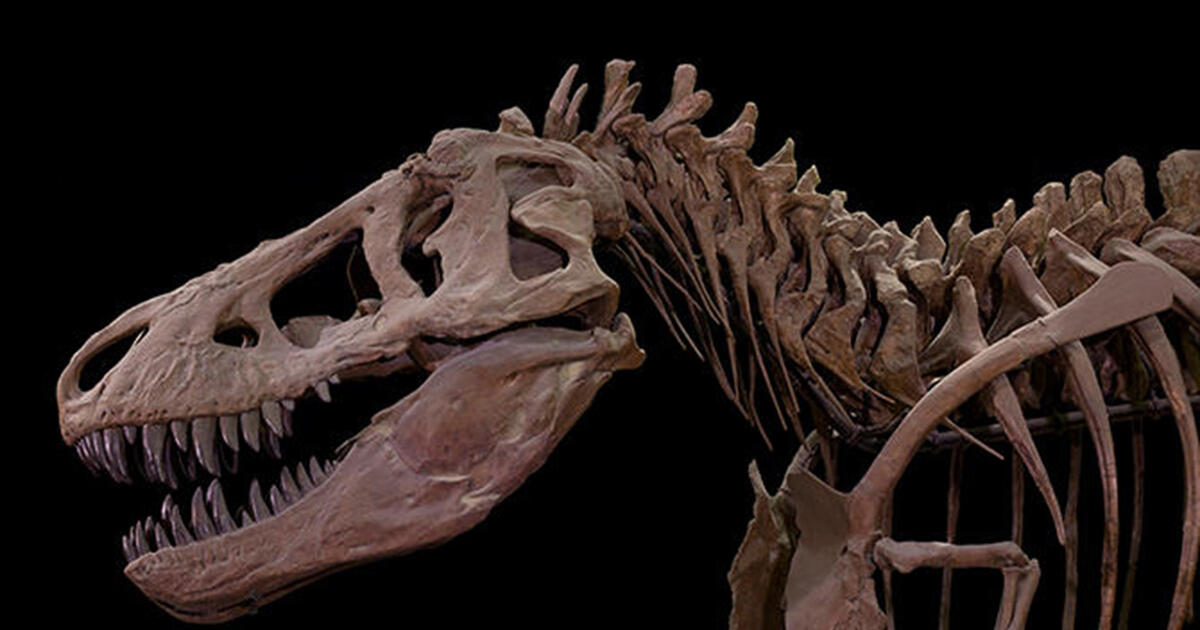Welcome to Facts Vibes! Today, let’s delve into the fascinating world of fossils. From ancient life forms to clues about Earth’s history, here are 10 intriguing facts that will transport you back in time. Get ready to uncover the mysteries hidden within these remnants of bygone eras.
Uncovering the Mysteries: Exploring 10 Fascinating Facts About Fossils
Uncovering the Mysteries: Exploring 10 Fascinating Facts About Fossils
Fossils provide a remarkable window into the past, offering clues and insights into the ancient world. Here are 10 captivating facts about fossils that will ignite your curiosity about our planet’s history.
1. Preservation of Remains: Fossils are the preserved remains or traces of animals, plants, and other organisms from the remote past. These can include bones, shells, imprints, and even fossilized feces.
2. Formation Process: Fossils form through a process called fossilization, where organic material is gradually replaced by minerals. This preservation can occur in various ways, such as through petrification or carbonization.
3. Age of Fossils: Fossils can be millions to billions of years old, offering a glimpse into different epochs and periods in Earth’s history. They allow researchers to study the evolution of life on our planet.
4. Fossil Hunter’s Tools: Paleontologists use specialized tools, such as brushes, chisels, and dental picks, to carefully excavate and extract fossils from their surrounding rock or sediment.
5. Dinosaur Discoveries: Fossils have unveiled an array of dinosaur species, leading to groundbreaking discoveries about these prehistoric creatures and their behaviors.
6. Amber Encasement: In some cases, fossils are found enclosed in hardened tree resin called amber, preserving small organisms and even soft tissues with remarkable detail.
7. Index Fossils: Certain fossils, known as index fossils, are used to date the layers of rock in which they are found, providing valuable information for geologists and paleontologists.
8. Fossil Record: The fossil record serves as a catalog of life on Earth and aids in understanding the biodiversity and extinction events that have shaped the planet over millions of years.
9. Trace Fossils: In addition to body fossils, trace fossils, which include footprints, burrows, and coprolites, offer insights into the behavior and interactions of ancient organisms.
10. Modern Applications: Fossils continue to have real-world relevance, contributing to fields such as medicine, energy resources, and environmental studies.
Exploring the world of fossils reveals a wealth of information about the distant past, enriching our understanding of the natural world and the evolution of life on Earth.
Most popular facts
Fossils are the preserved remains or traces of organisms from the past.
Fossils are the preserved remains or traces of organisms from the past.
They can include bones, teeth, shells, imprints of animals or plants, and even footprints.
Fossils can include bones, teeth, shells, imprints of animals or plants, and even footprints.
Fossils help scientists understand the history of life on Earth.
Fossils provide crucial evidence that helps scientists understand the history of life on Earth.
The study of fossils is called paleontology.
Paleontology is the study of fossils.
Some fossils are millions of years old.
True. Fossils can be millions of years old.
Fossilization can occur through a process called mineralization, where minerals replace the original organic material.
Fossilization can occur through a process called mineralization, where minerals replace the original organic material.
Amber can preserve fossils in stunning detail due to its unique properties.
Amber can preserve fossils in stunning detail due to its unique properties.
Carbonization is a fossilization process where all the organic materials are removed, leaving only a carbon residue.
Carbonization is a fossilization process where all the organic materials are removed, leaving only a carbon residue.
Fossils provide important clues about ancient ecosystems and the evolution of species.
Fossils provide important clues about ancient ecosystems and the evolution of species.
Trace fossils, such as burrows or tracks, can provide insight into the behavior of ancient organisms.
Trace fossils, such as burrows or tracks, can provide insight into the behavior of ancient organisms.
Fossils can be found on every continent, including Antarctica.
True.
The first known use of the term “fossil” in English was in the 17th century.
True.
Some fossils are exceptionally well-preserved, with soft tissues or feathers still intact.
Exceptionally well-preserved fossils sometimes retain soft tissues or feathers.
Fossil fuels, such as coal and oil, are derived from ancient plant and animal remains.
Fossil fuels are derived from ancient plant and animal remains.
The oldest known fossils are stromatolites, dating back over
The oldest known fossils are stromatolites, dating back over 3.5 billion years.
5 billion years.
The phrase “5 billion years” refers to the estimated age of the Earth, highlighting the vast timespan over which our planet has existed.
In conclusion, fossils are a fascinating window into the Earth’s history, providing invaluable insights into the origins and evolution of life on our planet. Through the study of these ancient remnants, we can unravel the mysteries of past environments, species, and geological processes, shedding light on the interconnectedness of all living beings. Fossils serve as a testament to the resilience and adaptability of life throughout the ages, reminding us of the profound significance of preserving and understanding our natural heritage for future generations.
